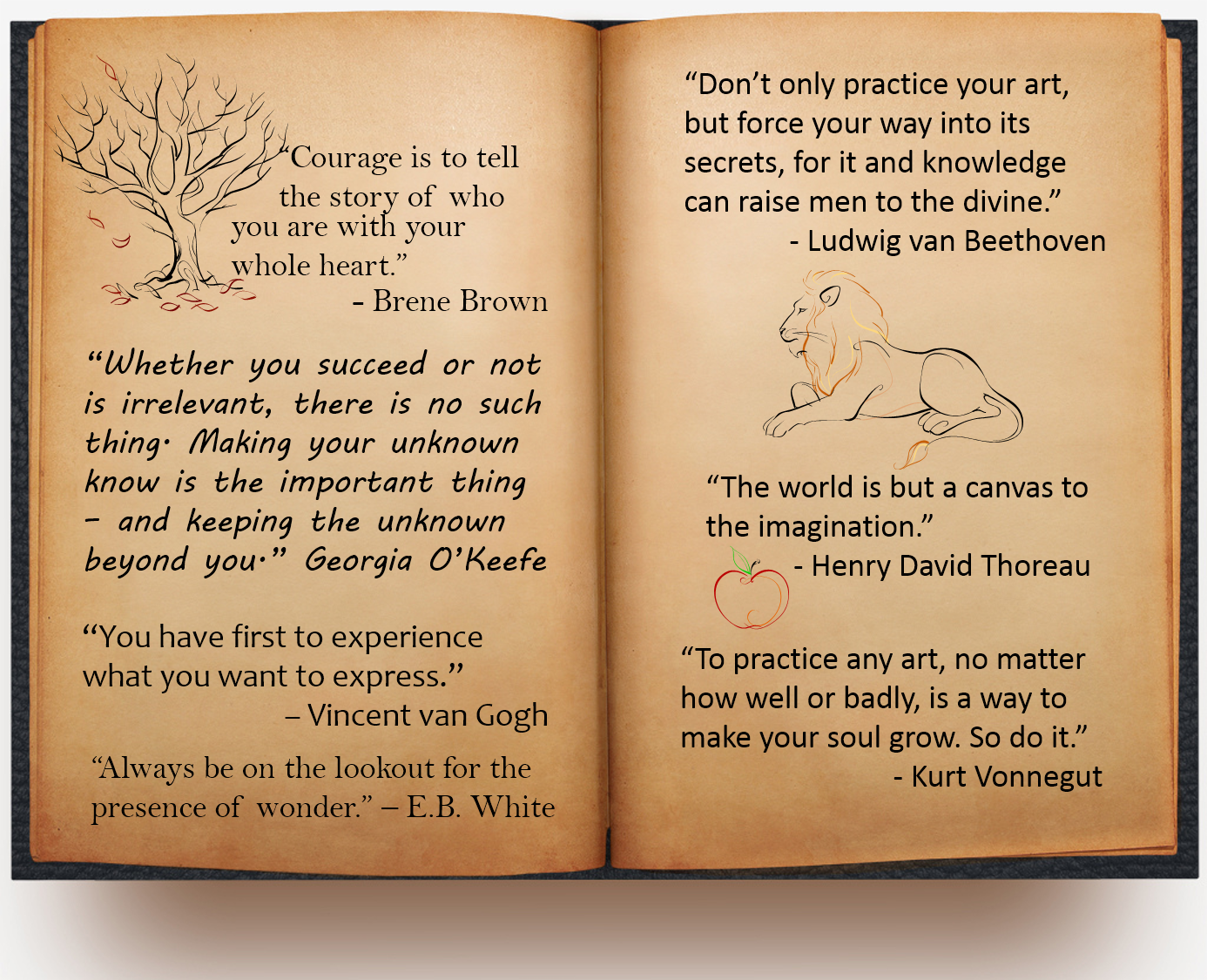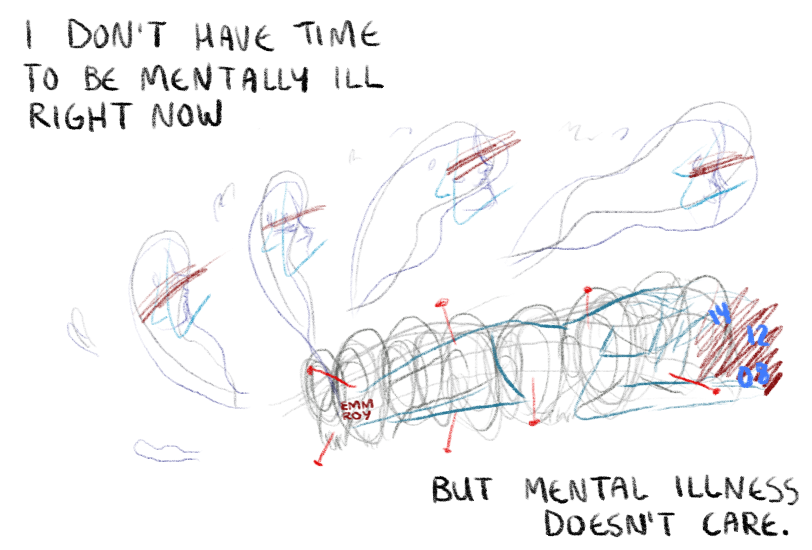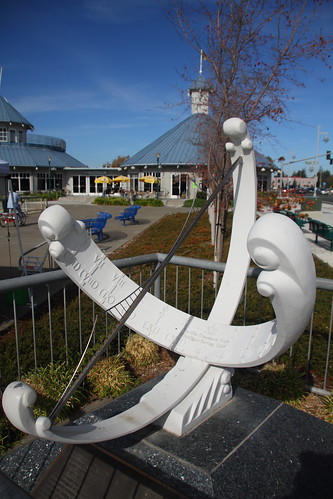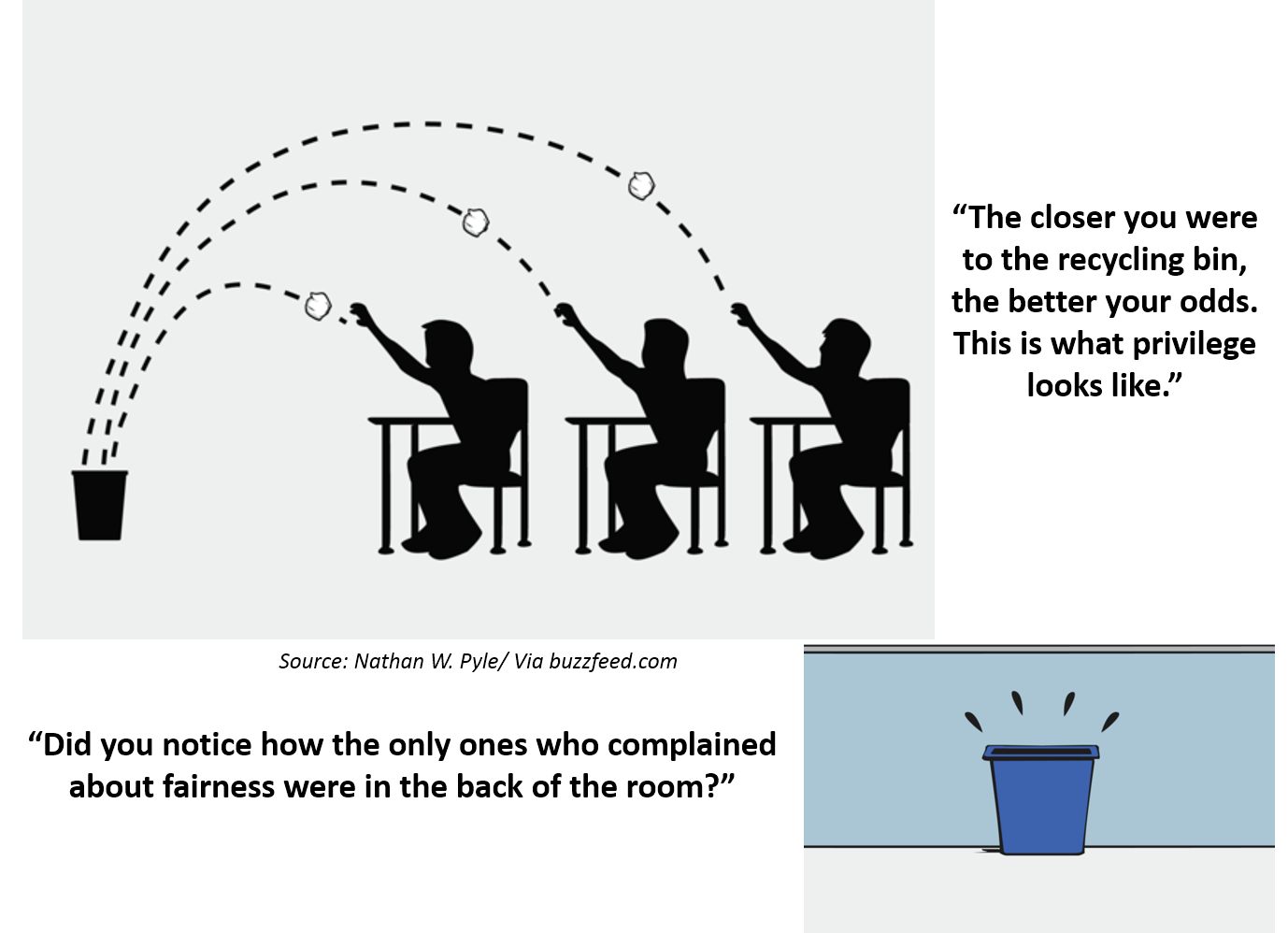My brain has been eroded, but fortunately, other people have some intelligent things to say.
Month: December 2014
{word.}
{new directions, with thanks to the circle of word lovers}
I’ve had a lot of conversations lately with my good brainiac friends, and it’s been helpful – to helping me sleep better at night, and to actually work smarter in finishing my revision (Oh, yes – I am still working, and the deadline HAS MOVED UP, even. But, I digress.)
I find that when I’m stressed, the more brains I have with mine, the better. Also, the more books, so I can disappear into a place with only maybe werewolves and vampires to fight. Something more manageable and concrete than institutional, systemic racism, anyway.
Not every conversation with my brainiac friends has been easy – we’ve all got to get past our own biases to actually converse with intelligence and understanding. I’ve had people say, in essence, “well, what is it you people want?” And when I’ve cocked a querying brow, they backtrack and say, “Okay – what I meant to say was, “what can we work together collectively to achieve?” Sometimes, we’ve all had to think, It’s a good thing I love you guys. Not everyone has this luxury – to stop and remember that we’re all friends.
Sometimes, our relationships don’t survive our truths.
So, as a note to my friends who are of the dominant culture: please don’t feel like I’m attacking you when I talk about recent racial incidents, when I talk about identity and privilege. Please don’t feel like just because I object to, for instance, the Huron Carol, and say that the English translation of the original Wyandot-language carol (itself written by a French Canadian priest in 1643, not a person of the Wyandot tribe), as “translated” by a Canadian is problematic, that I’m seeing all white people and all missionaries as bad. Please don’t flinch when I say that I feel conflicted wearing the tiny silver police badge necklace my uncle left me – because it’s positive associations with the police, not with white people, with which I am struggling – I don’t want to hurt anyone by wearing something that maybe symbolizes… something it should never have symbolized, which is absolute power.
My point? Please don’t jump to conclusions. We should walk and look at holiday lights for exercise instead.
One of my smarter librarian/ educator friends passed along this quote:
“That the myths of the Protestant Work Ethic, and mythic identity racism, are embedded in the American power structure does not make them less religious in nature or origin, simply more troubling, because they have been used for all time to abuse those not wanted in that power structure…..[they] have been carried forward for almost four centuries because they made those born to wealth and power feel good about themselves. How much better to describe your ancestors as having struggled alone against a brutal wilderness and wild savages than saying that your ancestors were “illegal immigrants” who stole a remarkably resource-rich continent from its inhabitants. How much better to embrace Frederick Jackson Turner’s “Frontier Theory” (see Turner, Frontier) than to worry about slaves and underpaid immigrants who built the early national roads, dug the Erie Canal, and built the railroads. How much better to celebrate “American Invention” than to discuss the wholesale intellectual property theft – ranging from woolen mills to those railroads to the telephone debuting across those 1876 fairgrounds – which had enriched the American Republic’s first hundred years. …. Myth matters in the struggle for power. And understanding mythic belief matters even more. And as I have said on more than one occasion, education is the most political thing a society does because it is a struggle for our future.” – by Ira Socol, Taking A Closer Look at the Grit Narratives, Knowledge Quest, v43 n1 p8-12 Sep-Oct 2014.
This was a response to Paul Tough’s book – How Children Succeed: Grit, Curiosity, and the Hidden Power of Character, which has gotten a LOT of press in the education sector, so much so that even I, who haven’t taught for years, have heard about it. I’m grateful that people are thinking about it, and thinking about the impact of the way we think about each other. My smart friend says that one of the best things we can do for each other now is to begin to create new myths and new ways of understanding our past, and creating our future.
Writers are creators. We are the myth-makers. This gives me so much to consider… and I will, once my deadline is no longer prodding me in the backside. Back to work with me.
{one more step = privilege}
By now, you’ve run across the illustration found the other day in Buzzfeed on privilege, and man, it’s a good one. Hands on, three-dimensional illustrations for esoteric sociological concepts are THE BEST thing to help people understand concepts, as the great and marvelous Lady Jane Elliott taught all of us ages ago. I love the work that went into this one.
But, may I suggest it go one step further?
Privilege is when the kids at the back of the room gets only one shot at the recycling bin. The kids in front of them get five shots.
{no, no, NO, this is exactly the wrong direction}
My writing group tries to take a week every other month or so for craft, and we find articles to read and discuss which touch on vital issues in children’s literature. Some months present easier topics than others, as things in the news catch our attention. This past month, mere days before the Woodson’s National Book Award win and subsequent brilliant acceptance speech, we talked about sizeism in YA lit. We mostly confined our commentary to young adult novels, but there’s really a dearth of representation in middle grade novels as well. We remembered novels from the eighties with fat protagonists and looked at their covers – and looked at their cover updates and noted how the cover girls have grown smaller, smaller, still smaller some only bodies, some headless, some so very distant from the camera and blurred…
Recently, writer and Hamline professor Anne Ursu saw a book, and she wrote about it. I’m glad I didn’t see that book; I might have bought all the bookstore had, and then thrown them away. Or, possibly found someone at whom to throw them. I see things like this, and I want to hold someone responsible.
This self-flagellation ritual, the “I’m fat” kabuki, the ceremonial public confession of sin—passed on from woman to woman, mother to daughter, friend-to-friend, forever and ever—shaming themselves, yes, and teaching everyone around them they should be ashamed, too.
What they might not know is the person next to them is sick—that the words they use warp into nourishment for a dormant eating disorder. What they might not know is they’re teaching the girls who listen to hate their bodies.
Your daughters are listening.
And maybe we can’t help ourselves anymore. Maybe it’s ingrained too deeply. But maybe we can help our kids.
Read her whole piece, here.
Meanwhile, one of my favorite and fab-shoe wearing librarians, Hannah, is thinking deeply about some of the tiny but significant holes in our plot about the diverse books thing… yeah. What happens if you make a lot of noise, get people talking all over America, gain traction with a movement, but fail to move the moneymen? I think I’d like to know what WNDB the nonprofit will do to change the mind of publishers, especially now that they have seventy-four thousand dollars over their stated $100k fundraising goal… and have ten days left before the Indiegogo closes. They’ve talked about how they plan to get books into communities… I’m interested to know more of their plans. WNDB is good, but there needs to be more…



